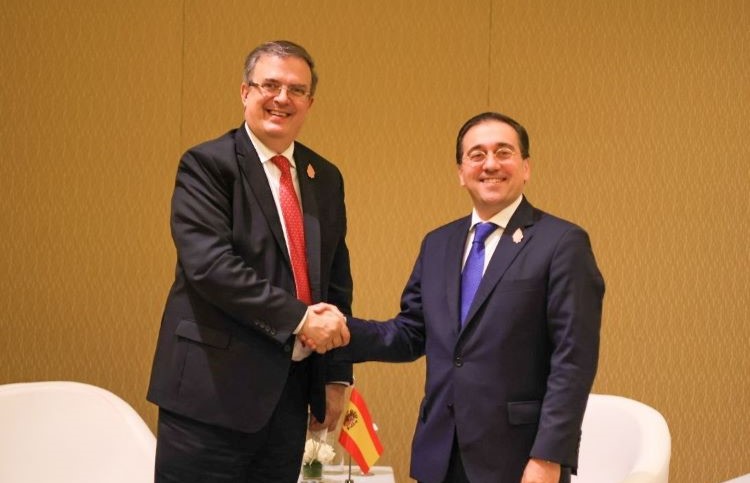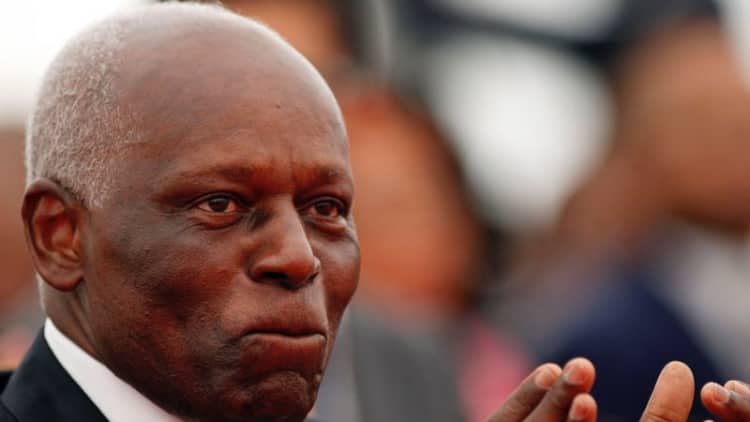The Diplomat
Foreign Minister José Manuel Albares yesterday held a bilateral meeting with his Mexican counterpart, Marcelo Ebrard, on the margins of the G20 ministerial meeting in Bali, Indonesia.
“Excellent meeting with my Mexican counterpart, Marcelo Ebrard,” Albares declared through his Twitter account. “Spain and Mexico are brotherly peoples and we will continue working bilaterally and multilaterally for the welfare of our peoples, peace and security in the world and the Ibero-American Community,” he added.
The previous bilateral meeting between the two ministers took place last March 9, during Albares’ visit to Mexico. That trip took place a month after the Mexican president, Andrés Manuel López Obrador, announced a “pause” in diplomatic relations to turn the page on a period in which, in his opinion, Spanish authorities and companies had taken advantage of his country.
With those words, López Obrador provoked a new crisis in the relationship with Spain, which was attempted to be redirected precisely with the visit of José Manuel Albares to Mexico City. In that visit, and before meeting with Ebrard, Albares declared that he did not know “very well what ‘pause’ means” and highlighted the “privileged relationship” and the “brotherly, family, fraternal” relations that unite Spain with Mexico, a “strategic partner for Spain” in which “7,000 Spanish companies operate, generating 300,000 jobs”. For his part, Ebrard declared that Mexico maintains “close relations of affection and appreciation for the Spanish people” and highlighted Spain’s “great contribution” to his country.
Mexico’s new ambassador to Spain, Quirino Ordaz, took up his post in Madrid on April 11, seven months after having been nominated by López Obrador. The granting of Spain’s approval had been delayed more than is normal between two countries with so many ties, in a sign of Spanish anger at López Obrador’s continuous verbal attacks on Spain. Before his arrival in Madrid, the President charged him with the mission of “deepening and strengthening bilateral relations”.







